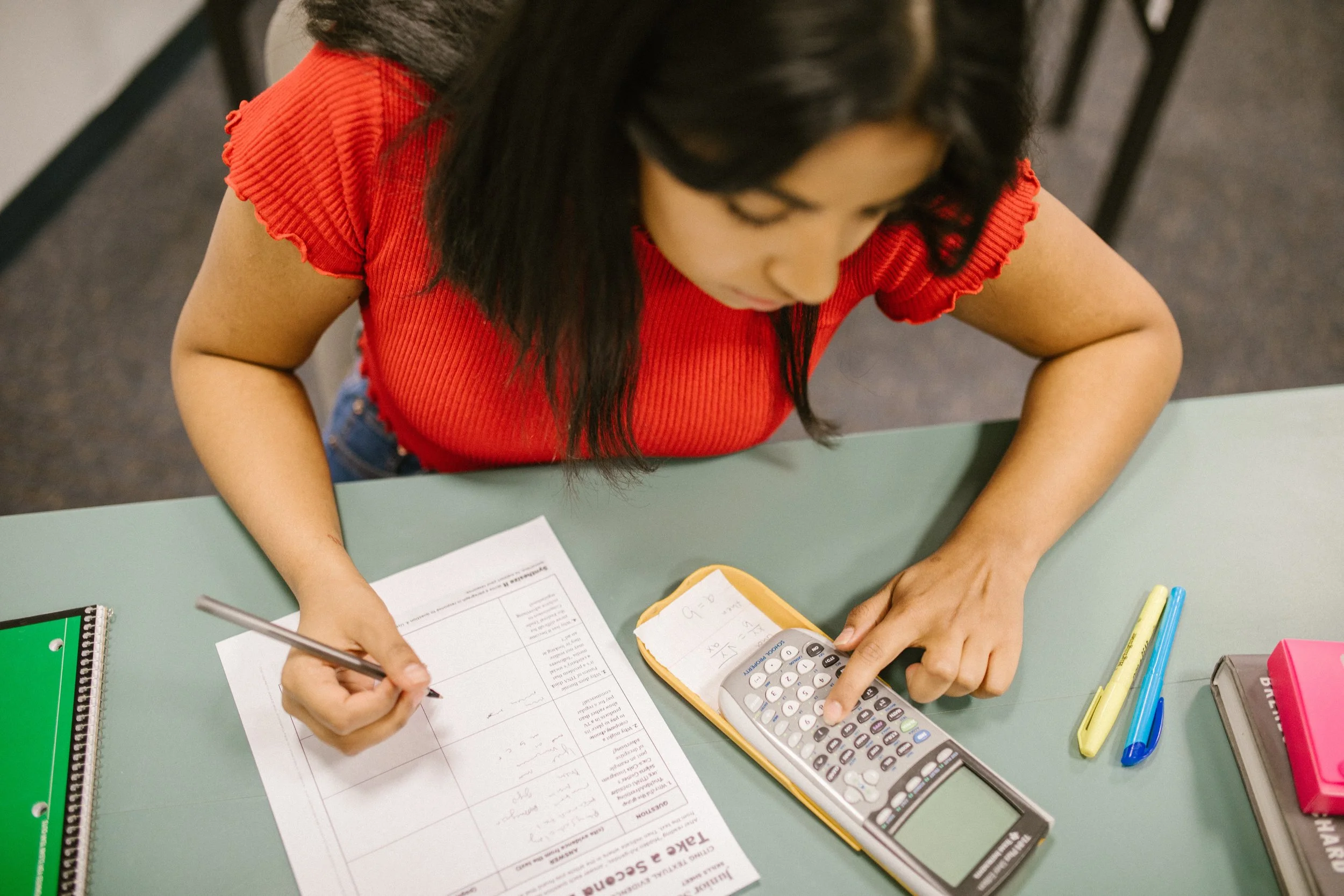Brain Hack: 4 Ways to Use Tests and Quizzes to Make You a Better (and Less Anxious) Student
There is a big debate about the value of tests, especially high-stakes standardized tests like the ACT or SAT. Concerns about undo stress, the tendency to “teach to the test,” inherent cultural biases, and the (mis)use of test scores to re-allocate funding away from marginalized communities are valid and real.
Testing and quizzing, however, have their place in the learning process. It just depends on how they are used.
Retrieval Practice
Research shows us that testing and quizzing – referred to as “retrieval practice” – helps increase long-term learning and impede forgetting. Retrieval practice is most effective when short tests or quizzes are given at higher frequencies (e.g., a brief, weekly quiz rather than a larger midterm exam), when students’ test performances are used to calibrate teaching content and methods, and when tests are used as a learning strategy, rather than an assessment tool.
What scientists have learned about retrieval practice can be broken down into several practical strategies for students. Here are four to get yourself started:
4 Strategies to Study Better
Ask teachers/professors for practice tests and quizzes. A study guide that is an outline of all the topics that might be covered on a test will likely be unhelpful – unless you turn the study guide into a practice test.
Study with a partner or team - and quiz each other. Reading notes to one another is ineffective. Re-teaching each other the material is a good start but will help the person playing the “teacher” much more than the one playing the “student” in these scenarios. (The “teacher” is doing retrieval practice!) Generating test-like questions, mixing them up, and then quizzing each other is a solid strategy.
Use flashcards. Flashcards are a great way to self-quiz. However, they’re far less useful when you look at the back of the card without fully giving an answer to the question on the front. (We’ve all done it.) Having someone quiz you with your flashcard set is a good way to hold yourself accountable and boost your learning. Flashcards are also particularly useful for mixing the test questions, referred to as “interleaving.” On a real exam, the questions will not be presented in order (e.g., first questions from Chapter 1, then from Chapter 2, etc.); they will likely come at random. Shuffling, or interleaving, the flashcard deck will help train you for whatever comes your way.
Stop reviewing your textbook and notes. A common study strategy among high school and college students is to read and reread the textbook, highlight key pieces of information in the text, and reread your notes from lecture. While knowing what is in the textbook may be necessary, rereading textbooks and class notes is ineffective and will cost you time. Research supports spending much more time and energy in retrieval practice to improve your learning and give you the best chance to ace the exam.
Practice Like You Play
When it comes to learning and studying, a good maxim is, “Practice like you play.” You wouldn’t prepare for a basketball game, recital, or concert by reading about basketball, dance, or how to play the oboe. You also wouldn’t just practice dribbling, second position, or F-sharp. You would engage in scrimmages, repeat the full choreography, and play the complete piece with the orchestra over and over. In school, the big game, recital, and concert are the exam. How you study should reflect what you need to do come show time.
Bonus: Less Anxiety
If you or your child experiences test anxiety, consider switching to a retrieval practice strategy. Research shows that most students with test anxiety, who rely more on retrieval practice for studying, report less anxiety at the end of the school year as they get used to the new way of studying and feel more confident in their understanding of course content.
If your child, teenager, college student, or you are having trouble learning or if anxiety is getting in the way of test-taking, reach out to us at hello@mindchicago.com.
For more information on retrieval practice as a learning strategy: http://pdf.retrievalpractice.org/RetrievalPracticeGuide.pdf

